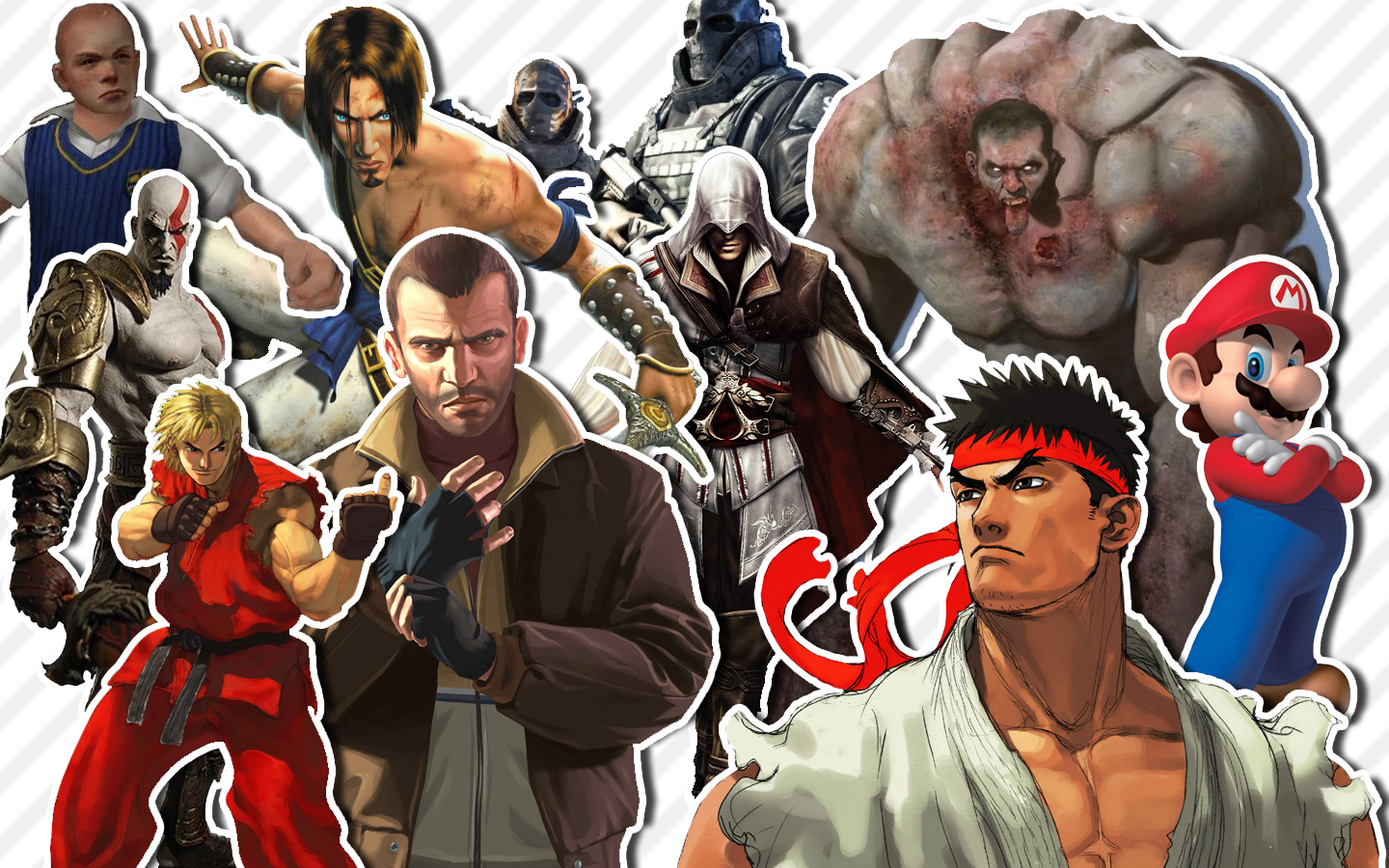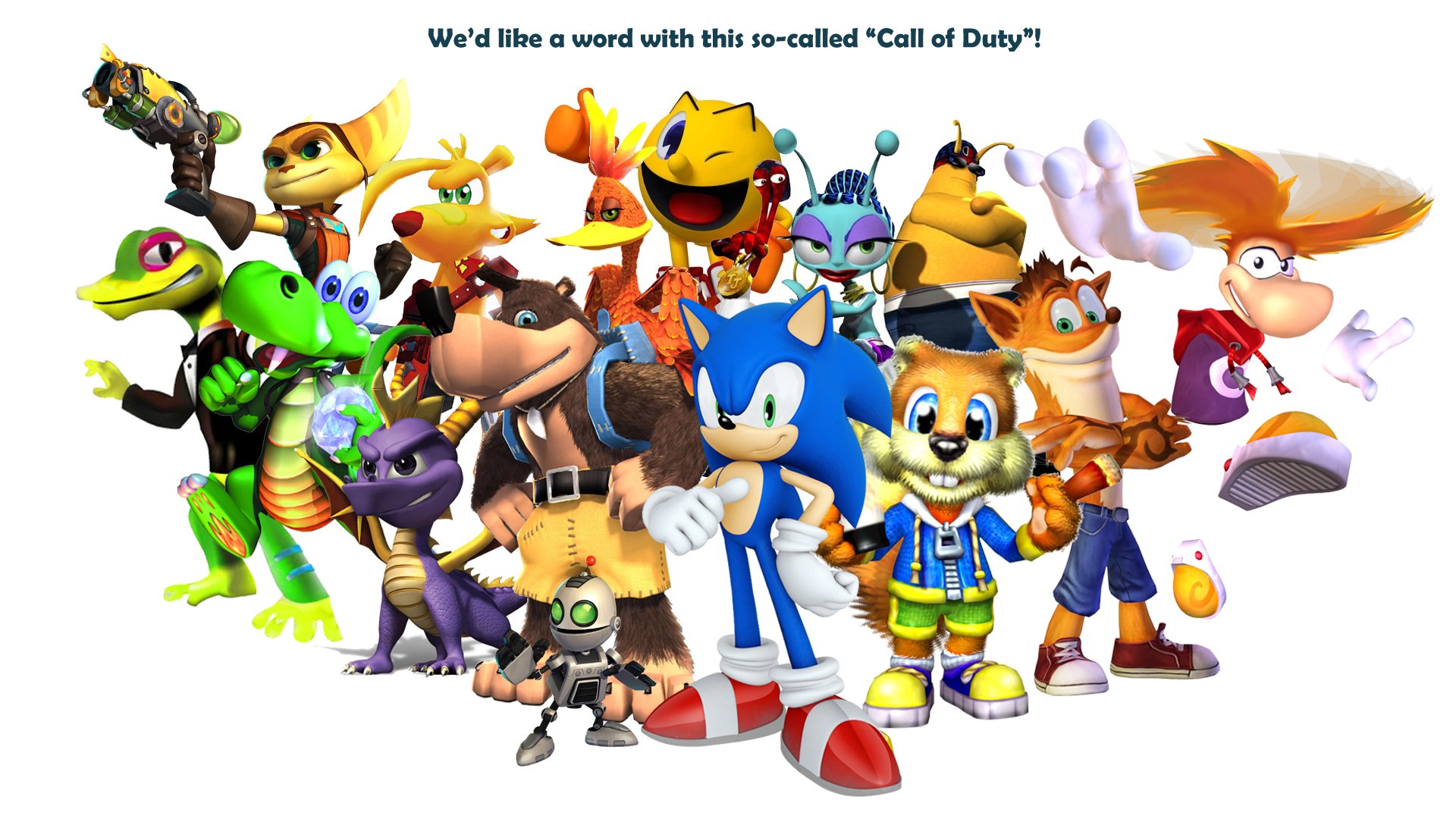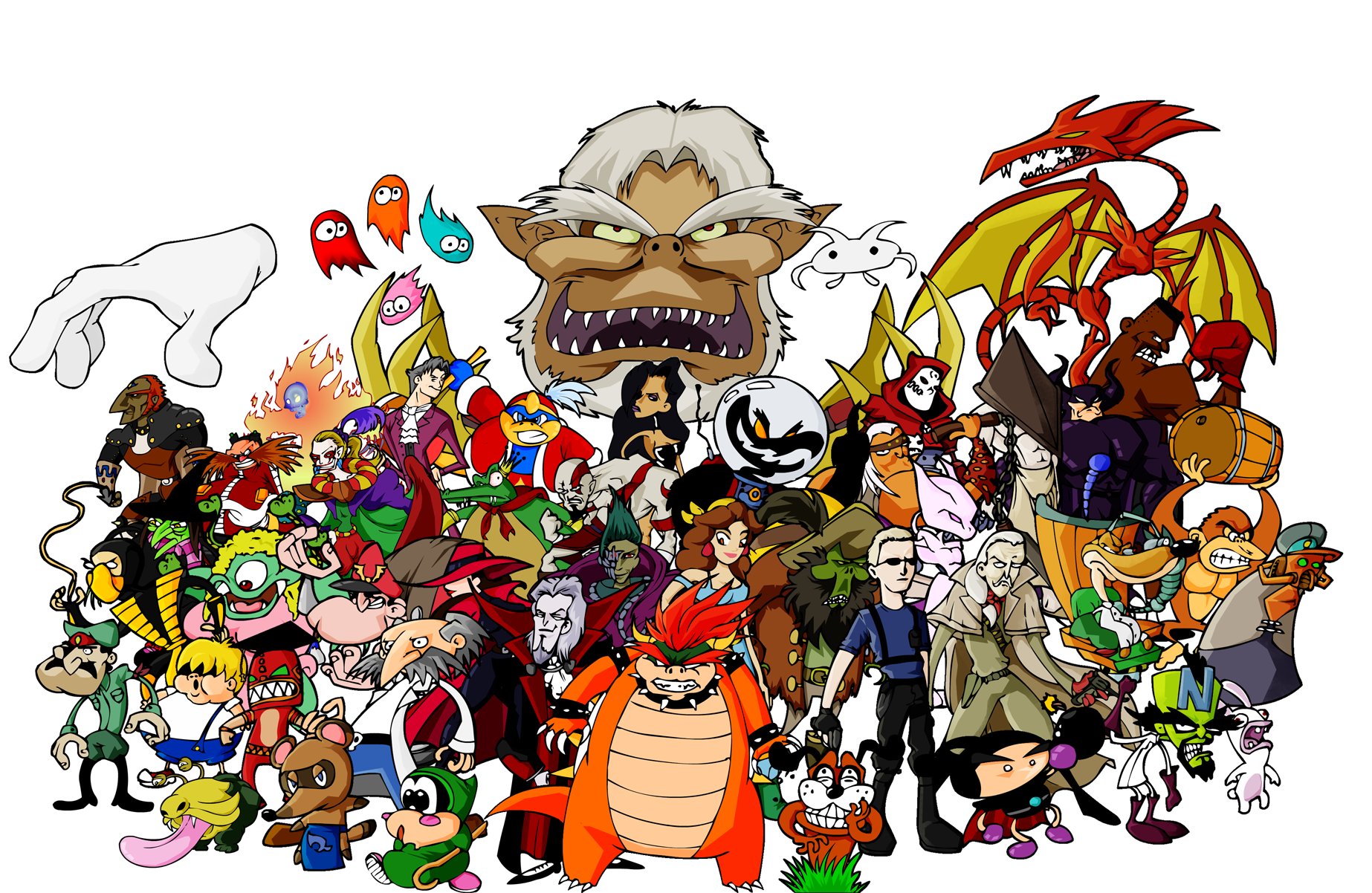Video game characters playboy is a fascinating topic that delves into the intersection of gaming culture, character development, and entertainment. The portrayal of characters in video games has evolved significantly over the years, with some becoming iconic symbols of pop culture. Understanding this phenomenon can provide valuable insights into the gaming industry and its impact on society.
From classic arcade games to modern AAA titles, video game characters have played a pivotal role in shaping player experiences. These characters are often designed to evoke emotions, drive narratives, and create memorable interactions. The concept of "playboy" in video games adds another layer of complexity, as it explores themes of charisma, charm, and lifestyle within the gaming world.
This article aims to provide an in-depth analysis of video game characters playboy, covering their history, cultural significance, and the factors contributing to their popularity. Whether you're a casual gamer or a seasoned enthusiast, this exploration will offer valuable insights into the world of gaming and its iconic characters.
Read also:Exploring The Enchanting Beauty Of 1132 Murphy Ridge Road Kentucky
Table of Contents
- The History of Video Game Characters Playboy
- Biography of Iconic Characters
- Character Design and Development
- Exploring Themes of Playboy in Gaming
- Cultural Impact and Influence
- The Gaming Industry's Role
- Audience Perception and Reception
- The Future of Video Game Characters Playboy
- Challenges and Controversies
- Conclusion
The History of Video Game Characters Playboy
Video game characters playboy emerged as a distinct category in the gaming world during the late 20th century. Early arcade games like "Pac-Man" and "Donkey Kong" introduced characters that became cultural icons. However, the concept of a "playboy" character gained prominence with titles such as "Tomb Raider" and "Grand Theft Auto," where characters like Lara Croft and James Bond-inspired protagonists captivated audiences.
During the 1990s, advancements in technology allowed developers to create more complex and visually appealing characters. These characters were often portrayed as charismatic and charming, embodying the "playboy" archetype. This evolution was driven by the desire to create immersive storytelling experiences that resonated with players on a deeper level.
Key Milestones in Character Development
- 1980s: Introduction of iconic characters in arcade games
- 1990s: Emergence of 3D graphics and more detailed character designs
- 2000s: Focus on narrative-driven gameplay and character-driven stories
Biography of Iconic Characters
Several video game characters have become synonymous with the "playboy" archetype. These characters are celebrated for their charm, charisma, and lifestyle. Below is a brief overview of some of the most iconic characters in this category:
Character Profiles
| Name | Game Series | Year Introduced | Notable Traits |
|---|---|---|---|
| James Bond | GoldenEye 007 | 1997 | Smooth, sophisticated, and skilled |
| Max Payne | Max Payne | 2001 | Dark, brooding, and stylish |
| Tony Stark | Iron Man | 2008 | Witty, intelligent, and wealthy |
Character Design and Development
The design of video game characters playboy involves a meticulous process that combines art, psychology, and storytelling. Developers aim to create characters that are visually appealing, relatable, and memorable. This section explores the key elements of character design and their significance.
Elements of Character Design
- Visual Appearance: Focus on fashion, physique, and overall aesthetics
- Personality Traits: Development of charm, charisma, and confidence
- Backstory: Creation of compelling narratives and backstories
Exploring Themes of Playboy in Gaming
Themes of "playboy" in video games often revolve around lifestyle, relationships, and societal norms. These themes are explored through character interactions, dialogue, and gameplay mechanics. By examining these elements, players gain a deeper understanding of the cultural and social implications of such portrayals.
Common Themes
- Luxury and Wealth: Depiction of extravagant lifestyles
- Relationships: Exploration of romantic and social dynamics
- Power and Influence: Representation of authority and control
Cultural Impact and Influence
Video game characters playboy have had a significant impact on popular culture. They have influenced fashion, music, and even real-world behavior. This section discusses the cultural significance of these characters and their role in shaping societal perceptions.
Read also:Manninos Bakery A Sweet Haven For Every Pastry Lover
According to a study published in the "Journal of Media Psychology," video game characters can influence player behavior and attitudes. The portrayal of "playboy" characters often reinforces stereotypes while also challenging traditional norms. This duality makes them a fascinating subject for analysis.
The Gaming Industry's Role
The gaming industry plays a crucial role in shaping the portrayal of video game characters playboy. Developers and publishers make conscious decisions about character design, storytelling, and marketing strategies. These choices have a direct impact on player experiences and industry trends.
Industry Trends
- Increased focus on diversity and representation
- Emphasis on immersive storytelling and character development
- Integration of virtual reality and advanced graphics
Audience Perception and Reception
Audience perception of video game characters playboy varies depending on cultural, social, and individual factors. Some players appreciate the charm and charisma of these characters, while others criticize their portrayal as reinforcing negative stereotypes. Understanding these perspectives is essential for developers and industry professionals.
Factors Influencing Audience Perception
- Cultural Background: Differences in cultural norms and values
- Personal Beliefs: Individual attitudes and preferences
- Media Influence: Impact of media representation and reviews
The Future of Video Game Characters Playboy
As technology continues to advance, the future of video game characters playboy looks promising. Developers are exploring new ways to create more dynamic and interactive characters. Artificial intelligence, machine learning, and advanced graphics are expected to play a significant role in shaping the next generation of gaming experiences.
Predicted Trends
- Enhanced character customization options
- Integration of AI-driven interactions and dialogue
- Focus on inclusive and diverse character representation
Challenges and Controversies
Despite their popularity, video game characters playboy face several challenges and controversies. Issues such as objectification, stereotyping, and cultural insensitivity have sparked debates within the gaming community. Addressing these challenges requires a collaborative effort from developers, players, and industry stakeholders.
Key Challenges
- Representation of gender and race
- Balancing entertainment with social responsibility
- Addressing player feedback and concerns
Conclusion
Video game characters playboy represent a fascinating aspect of the gaming industry. Their evolution over the years reflects the changing dynamics of gaming culture and its impact on society. By understanding the history, design, and cultural significance of these characters, we gain valuable insights into the world of gaming and its influence on our lives.
We encourage readers to share their thoughts and experiences in the comments section below. Additionally, feel free to explore other articles on our website for more in-depth analyses of gaming topics. Together, let's continue the conversation and shape the future of gaming culture.


